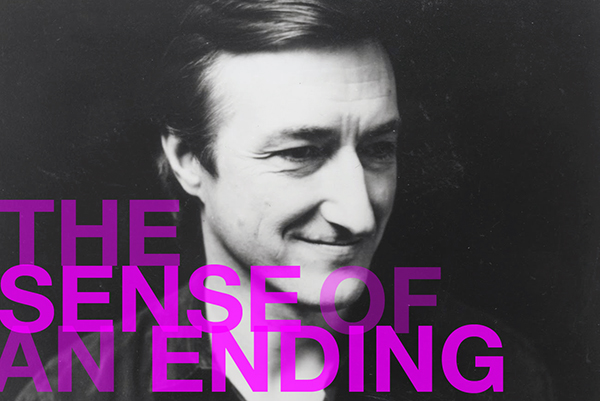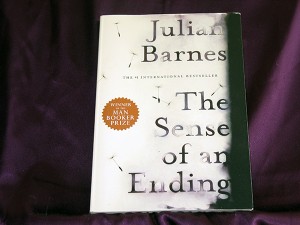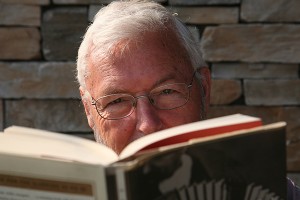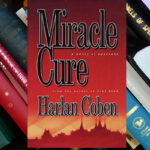Home »

The Sense of an Ending is a book I will read again
Book Review
By Derryll White
 Barnes, Julian (2011). The Sense of an Ending.
Barnes, Julian (2011). The Sense of an Ending.
What happens when someone dies? What chain of thoughts and actions stems from that act?
Julian Barnes looks at a suicide in ‘The Sense of an Ending.’ He looks at it not as a definitive act but as a continuance. Things go on with those still alive, but there are resonances. Barnes indicates that the results of the lives of the living are sometimes measured against the friend now dead.
Memory is that inexorable process that mutates past action and accomplishment into present pleasure and sorrow. It is plastic, shapeable; memory is never exact and therein lies its beauty. Memory is never resolvable, except by one’s own death, and therein lies its pain.
And how does one define ‘suicide’ in the context of memory? Does “he took his own life” equate with “he took charge of his life?” Perhaps it does for the actor. It almost certainly doesn’t for acquaintances, friends and family.
So what does time do with that inexplicable discrepancy? Julian Barnes leads me to believe that this may be part of our task, our process of growth into knowledge, to attempt to resolve these questions. And perhaps, in doing so, to grow more and to realize more of our potential humanness.
Bond looks at “the littleness of life that art exaggerates.” Here he loses me as I don’t experience a loss. Life has, and continues to, exceed my adolescent dreams. Or is that just memory dampening down those long-ago expectations so that the present might shine? Hmmmm!
In the end Julian Barnes leaves me examining my own life, bearing witness to the memorable acts of meanness, agonies, loves and ecstasies of a time gone by, but one that clearly informs who I now am.
‘The Sense of an Ending’ is a book I will read again, and unquestionably I will draw more from it. I personally thank Barnes for the journey of discovery he took me on, and enthusiastically recommend this short novel to every thinking, self-examining reader.
Excerpts from the novel:
HISTORY – What had old Joe Hunt answered when I knowingly claimed that history was the lies of the victors? ‘As long as you remember that, it is also the self- delusions of the defeated.’
MEMORY – What you end up remembering isn’t always the same as what you have witnessed.
YOUTH – Yes, of course we were pretentious. What else is youth for?
HISTORY – ‘That’s one of the central problems of history, isn’t it, sir? The question of subjective versus objective interpretation, the fact that we need to know the history of the historian in order to understand the version that is being put in front of us.’
MEMORY – …I need to return briefly to a few incidents that have grown into anecdotes, to some approximate memories which time has deformed into certainty. If I can’t be sure of the actual events any more, I can at least be true to the impressions those facts left. That’s the best I can manage.
WRITING – This was another of our fears: that Life wouldn’t turn out to be like Literature…. The things Literature was all about – love, sex, morality, friendship, happiness, suffering, betrayal, adultery, good and evil, heroes and villains, guilt and innocence, ambition, power, justice, revolution, war, fathers and sons, mothers and daughters, the individual against society, success and failure, murder, suicide, death, God. And barn owls.
HISTORY – History is that certainty produced at the point where the imperfections of memory meet the inadequacies of documentation.
SUICIDE LIES – …that life is a gift bestowed without anyone asking for it; that the thinking person has a philosophical duty to examine both the nature of life and the conditions it comes with; and that if this person decides to renounce the gift no one asks for, it is a moral and human duty to act on the consequences of that decision.
AGE – It strikes me that this may be one of the differences between youth and age: when we are young, we invent different futures for ourselves; when we are old, we invent different pasts for others.
NOSTALGIA – But if nostalgia means the powerful recollection of strong emotions – and a regret that such feelings are no longer present in our lives – then I plead guilty.
KNOWLEDGE – The more you learn, the less you fear. ‘Learn’ not in the sense of academic study, but in the practical understanding of life.
AGE – “When we are young and sensitive, we are also at our most hurtful; whereas when the blood begins to slow, when we feel less sharply, when we are more armoured and have learnt how to bear hurt, we tread more carefully.
 – Derryll White once wrote books but now chooses to read and write about them. When not reading he writes history for the web at www.basininstitute.org.
– Derryll White once wrote books but now chooses to read and write about them. When not reading he writes history for the web at www.basininstitute.org.







